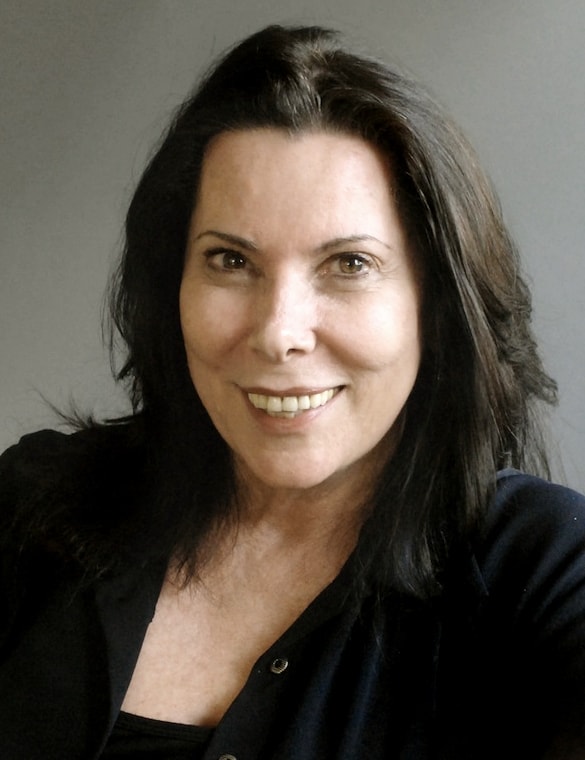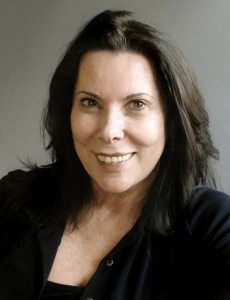Sunday, April 14, 7 pm
An Israeli Holocaust survivor forbidden by his granddaughter to mention his experiences in the war during her engagement party, collapses with a stroke when she yells at him to remain quiet. A Jewish woman struggles unsuccessfully to find the right tone to use when dealing with the Arab laborers building an extra room on the roof of her home. ‘What am I speaking, Chinese?’ is the mantra of an embittered survivor denying her husband and daughter the smallest expression of tenderness or joy.
Words withheld and words used as weapons—these are motifs in many of the stories of Savyon Liebrecht, a popular and well-regarded Israeli writer, whose following in the U.S. is growing steadily with the English-language publication of some of her books and the U.S. production of one of her plays. Liebrecht will give the 2013 Helen and Daniel Sonenshine Lecture as part of her first visit to Tidewater, courtesy of The Institute for Jewish Studies and Interfaith Understanding at Old Dominion University. Her talk, “On Writing,” will deal with the challenges of writing in Israel today.
Liebrecht, who went to Israel as an infant with her survivor parents in 1948, grew up in what she describes as “a silent home,” muted by the many taboo subjects pertaining to her parents’ earlier lives. In this type of home, she points out, “A child learns very early on to observe and absorb clues from nonverbal sources.” Although the Holocaust was never discussed in her family, it became the event, “which more than any other…left its marks” on her life and hence has become a subject in her life.
Tension between the survivor generation and their children and grandchildren is one of the subjects to which Liebrecht has returned time and again in her six collections of short stories and novellas, her two novels, and her plays and TV scripts. Her sensibilities shaped by this topic also extend to other contested aspects of life in Israel.
Whether she is dealing with the Mizrahi/ Asheknasi disconnect, Jewish Israeli unease in the presence of Palestinians, secular/religious divisions, or gender and aging issues, through her stories of personal interactions, she explores the impact of long-contained anger and pain, the power of family bonds, the damage to children who essentially have been orphaned. As one reviewer wrote of her 2006 short story collection, A Good Place for the Night, “The permanent unsettledness of Israel is exported and globalized here; no matter where Liebrecht’s characters go or what they do, they are never yet truly at home.” Her writings reveal strong identification with the victim and deep yearning for reconciliation between those in conflict.
Savyon Liebrecht’s talk will take place in Room 1012 of the Batten Arts and Letters Building on the Old Dominion University campus. Free parking is available next to the building at Hampton Blvd. and 43rd St. Refreshments and a book signing will follow the talk.
More about ODU’s Institute for Jewish Studies and Interfaith Understanding and the Sonenshine Lecture Series in Jewish Studies can be found at http://al.odu.edu/ijiu or contact Farideh Dayanim Goldin, director of IJIU, fgoldin@odu.edu.
—Anita Clair Fellman, professor emerita of Women’s Studies at ODU, was the co-founder with Farideh Goldin of the Jewish Women Writers Book Club sponsored by IJIU.
by Anita Clair Fellman


